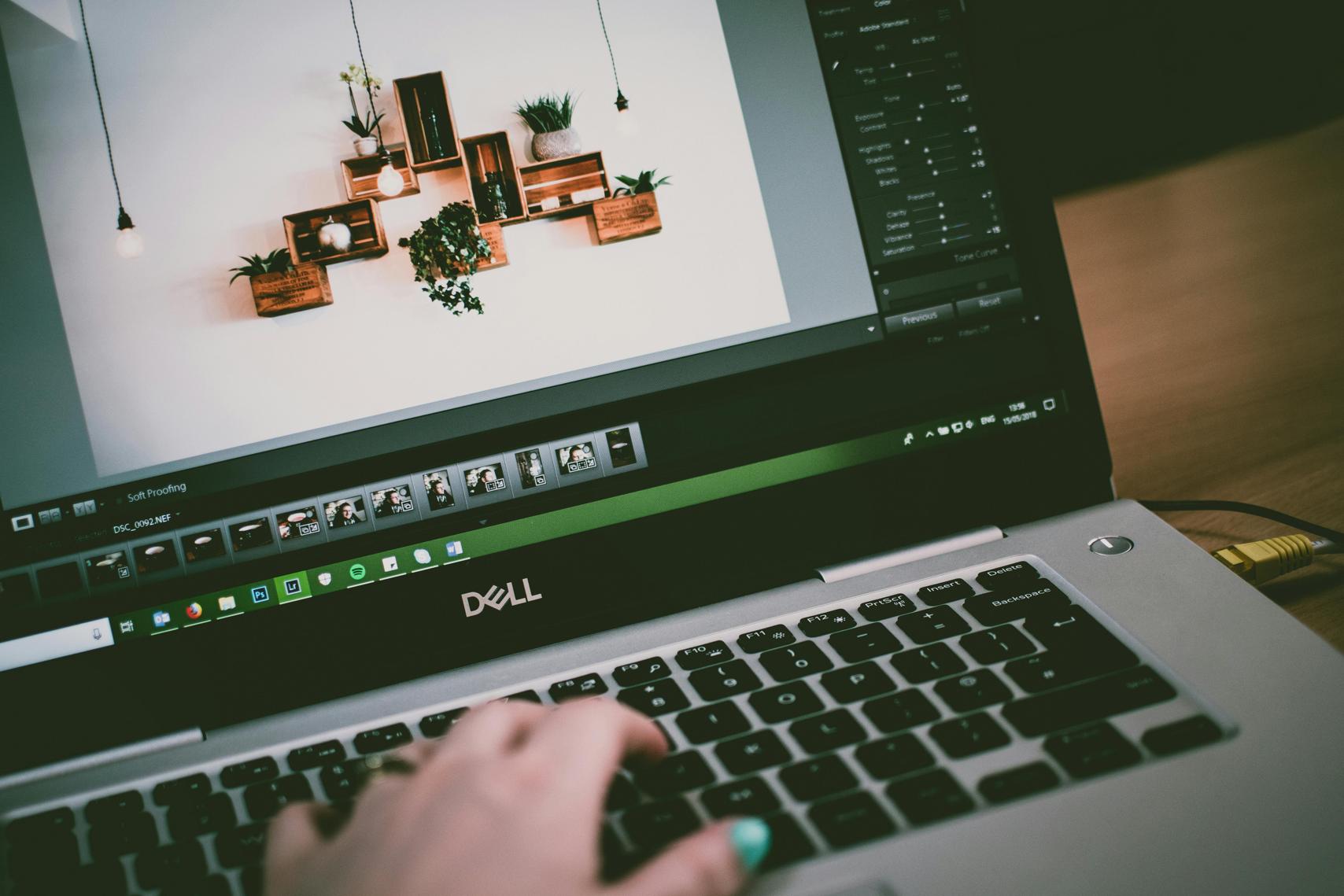How Long Does a Dell Laptop Last? A Comprehensive Guide
Introduction
When investing in a new laptop, the question 'How long does a Dell laptop last?' becomes an essential consideration. Understanding the lifespan of a Dell laptop can help you make informed decisions about maintenance, upgrades, and ultimately, replacement. Dell, renowned for its high-quality devices, offers a variety of laptop series, each with its unique durability and longevity. This guide delves into the factors that influence the lifespan of Dell laptops, examines the average lifespan of popular series, identifies signs of wear, and provides actionable tips to extend the life of your Dell laptop.

Factors Affecting Dell Laptop Longevity
Several factors play a significant role in determining how long your Dell laptop will last.
Quality of Components
The materials and components used in your Dell laptop significantly impact its lifespan. High-end Dell laptops often feature premium materials, advanced processors, and durable construction, which contribute to longer life expectancy. For example, laptops in the Dell XPS and Alienware series typically use better components than entry-level Inspiron models, providing a more extended period of use before encountering performance issues or hardware failures.
Usage Patterns
How you use your Dell laptop also affects its longevity. More intense usage patterns, such as gaming, video editing, and running high-resource applications, can strain the hardware, leading to faster wear and tear. Conversely, light usage for activities like browsing, word processing, and streaming can extend the laptop's life significantly. Properly managing the workload on your laptop can impact how long it remains efficient and operational.
Maintenance and Care
Regular maintenance and care are vital for prolonging the life of your Dell laptop. Keeping your laptop clean, ensuring proper ventilation, and handling it with care can prevent many common issues that lead to premature failure. Dust accumulation can cause overheating, which is a prevalent issue that reduces battery life and overall performance. Timely updates and regular software maintenance are also crucial aspects to consider.

Average Lifespan of Popular Dell Laptop Series
Understanding the average lifespan of different Dell laptop series can guide you in making the right choice for your needs.
Dell Inspiron Series
The Dell Inspiron series is known for its affordability and flexibility, making it popular among students and general users. On average, an Inspiron laptop can last between 3 to 5 years with proper care. While they may not come with high-end components, their longevity can be extended through appropriate usage and maintenance practices.
Dell XPS Series
Dell's XPS series, renowned for its premium build quality and performance, often serves professionals and power users. The robust construction and top-tier components mean that XPS laptops can last between 5 to 7 years. Investing in an XPS laptop typically offers a longer lifecycle with fewer performance issues, making it a preferred choice for those seeking durability.
Dell Latitude Series
The Latitude series is designed for business use, emphasizing reliability and long-term performance. These laptops commonly feature enterprise-grade components and better construction quality. A Dell Latitude laptop usually lasts between 4 to 6 years, making it a reliable choice for professionals who need a dependable machine for daily business activities.
Dell Alienware Series
The Alienware series targets gamers and users who demand high-performance laptops. Known for their powerful components and superior design, Alienware laptops can last between 4 to 6 years. However, lifespan can vary significantly based on usage patterns, as gaming and resource-intensive applications accelerate wear and tear on the hardware.
Signs Your Dell Laptop is Reaching the End of Its Life
Recognizing when your Dell laptop is nearing the end of its useful life can help you plan for a replacement or necessary upgrades.
Performance Slowdowns
One of the earliest signs of an aging laptop is noticeable performance degradation. Slow boot times, lagging applications, and general sluggishness can indicate that the hardware is struggling to keep up with modern software demands. These slowdowns often worsen over time, making it challenging to perform even basic tasks efficiently.
Hardware Failures
Frequent hardware issues, such as a failing hard drive, malfunctioning keyboard, or unresponsive screen, signal that your Dell laptop may be nearing the end of its life. These failures often require costly repairs or indicate that other components might soon fail, making a new laptop a more viable option.
Software Issues
Persistent software problems, such as frequent crashes, error messages, and compatibility issues with newer applications, can suggest that your laptop’s hardware is no longer sufficient. While some software issues can be resolved with updates or troubleshooting, recurring problems often mean it’s time to consider an upgrade.
Tips to Extend the Life of Your Dell Laptop
Maximize the lifespan of your Dell laptop with these practical tips and best practices.
Regular Maintenance Practices
Routine maintenance can significantly extend your laptop's lifespan: 1. Clean the keyboard, screen, and vents regularly to prevent dust buildup. 2. Use compressed air to clean internal components and ensure proper ventilation. 3. Keep the laptop in a cool, dry place to avoid overheating.
Hardware Upgrades
Upgrading certain hardware components can improve performance and extend the laptop's life: 1. Replace the hard drive with a solid-state drive (SSD) to boost speed and reliability. 2. Add more RAM to enhance multitasking capabilities and overall performance. 3. Consider replacing a worn-out battery if you notice significant battery life reduction.
Software Best Practices
Following software best practices can also prolong your laptop's usability: 1. Regularly update your operating system and applications to ensure compatibility and security. 2. Remove unnecessary programs and files to free up storage space and improve performance. 3. Use antivirus software to protect against malware and other security threats.

Conclusion
Understanding the factors that influence how long a Dell laptop lasts and recognizing the signs of aging can help you make informed decisions about maintenance, upgrades, and replacements. By following proper care techniques, regularly updating software, and considering hardware upgrades, you can significantly extend the life of your Dell laptop. Whether you choose an Inspiron, XPS, Latitude, or Alienware series, thoughtful usage and regular maintenance are key to optimizing your laptop's longevity.
Frequently Asked Questions
How can I make my Dell laptop last longer?
To make your Dell laptop last longer, perform regular maintenance like cleaning dust from vents, use protective cases, keep software updated, and avoid overloading the system with too many intensive applications.
Is it worth upgrading an old Dell laptop?
Upgrading an old Dell laptop can be worthwhile if the cost of components like an SSD or additional RAM is less than purchasing a new laptop, and if the existing hardware can support these upgrades effectively.
When is it time to replace my Dell laptop?
It's time to replace your Dell laptop when you experience frequent hardware failures, persistent software issues, or performance slowdowns that cannot be resolved through maintenance and upgrades.



